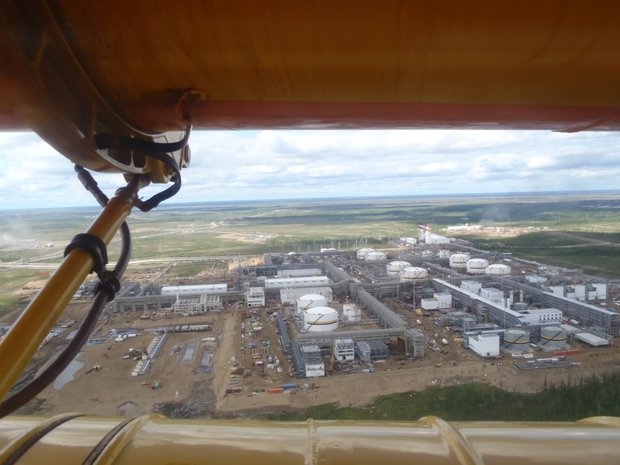European buyers complaining about Russian oil quality
The refineries assume that the deterioration is caused by a surge in supplies to China
Several European buyers have stated that this month the quality of the Russian Urals crude has degraded to the bottom end of the quality range set by Russia's state standardisation body Rosstandart. The refiners believe that Russian companies are using better quality types of oil for the ESPO blend exported to Asian markets. Russia's Ministry of Energy acknowledges the deterioration but insists that is has been caused by depleting oilfields.
European refiners are threatening to cut Russian oil purchases due to worsening quality after Moscow has re-routed large volumes of crude to China, claims Reuters. According to unnamed industry sources, multiple buyers are ready to review the volumes and the terms of their purchases. For example, Miroslaw Kochalski, vice president of the biggest Polish oil refiner PKN Orlen, considers that the changing quality of Urals could influence future deals: ''It opens room for negotiations with partners, also regarding price conditions.'' His position is shared by other refiners, says Reuters.
Like other crudes, Urals is, in fact, a blend of different types of oil mixed inside a pipeline system. The quality depends on the relative proportions of different oils in the mix. At least five traders assumed that the quality of Urals deteriorated due to better-quality types of oil being diverted eastwards and incorporated into the ESPO blend exported to China and other Asian markets instead of being mixed into Urals.
In December, Russia became China's top crude oil supplier for the 10th consecutive month. The flows are expected to grow further in 2018, decreasing seaborne exports of Urals via Russia's western ports. During 2017, the ESPO blend was on average $3 per barrel more expensive than Urals.

The Ministry of Energy of Russia has acknowledged that the quality of Urals has been declining for the past several years. Nonetheless, the ministry considers the depletion of old oilfields to be the main cause of the deterioration. Transneft's spokesperson Igor Dyomin also agreed that the quality has been declining but added that it was still within the permissible range. According to Dyomin, no customers have complained about the quality to date.
The quality of crude oil depends on the amount of sulphur and the level of gravity or density. A higher level of sulphur makes oil more difficult to refine. Five unnamed trading sources stated that Urals' sulphur content often exceeded 1,8% level allowed by Russia's national standard. The Ministry of Energy expects that ''sulphur content in Urals will remain within the standards in the next year''. Transneft confirmed that sulphur content in Urals flows via the Druzhba pipeline was expected at 1,7-1,8 % this year. There are no legal consequences for the supplies' quality falling below the standards, but buyers may choose to cut purchases of the blend or negotiate the price down, warns Reuters.